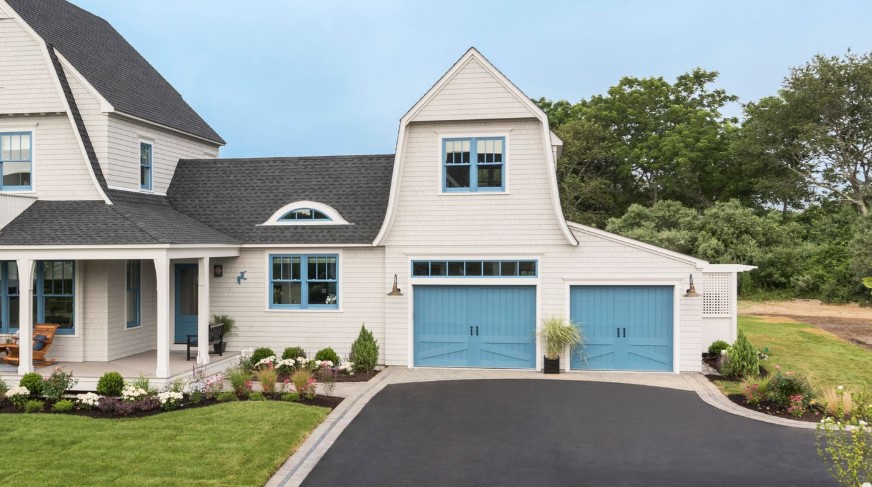
A garage door that rattles, shrieks or squeaks every time you open or close it can be annoying. Imagine if your bedroom is located on top of the garage and someone is coming in at 2 am. You are likely to be woken up by those sounds. Garage door noises may not be a problem during the day when you are not there, but at night, the sound can get on your nerves even if you are not asleep. Fortunately, you do not need to replace the garage door. A few adjustments here and there, and you will do away with those noises. Here are a few tips on how to quiet your garage door.
Lubricate the Moving Parts
For most people, this is the first solution that will come to mind, and with good reason. It is the easiest solution that will barely take more than 20 minutes. Lubrication helps protect all the adjoining components from wearing out so that your system continues running smoothly. If you own a standard quiet garage door, lubricate it once per year for good results. But for a loud garage door, you should lubricate it every two months. Pay close attention to rollers, springs, and hinges, as these are the parts that are likely to suffer from wear and tear. Follow the procedure for oiling a garage door for best results.
Tighten Loose Screws, Bolts, and Nuts
Another reason your garage might be noisy is due to loose screws, bolts, and nuts. As a solution, tighten whatever has loosened up. Because of the constant opening and closing of the garage door, these components will eventually become loose. Before you try to come up with invasive solutions, inspect your garage door. Are these components tight like they usually are? In most cases, you will find they are not. This ought to be part of your garage door maintenance routine to ensure that the garage door continues running smoothly.
Replace the Garage Door Opener
If you have a noisy garage door opener, consider replacing it. Both the door and the chain rattle as you open the garage, which can be an unpleasant experience. If you own an automatic garage door, then get a quiet garage door opener as well. It will help reduce the vibration and hence lead to a much quieter door.
Replace the Springs
Although springs are usually not the main cause of excess garage door noise, they can also contribute. This is especially common in older models that use extension springs, causing the door to wobble when being used. Over time, the springs will wear out and start squeaking and creaking. It is wise to replace the springs as they can be dangerous if they break. Those squeaky sounds indicate that you need new springs. Alternatively, if your garage door is old, contact a garage door company and get a new and modern garage door.
Schedule for Regular Maintenance Checks
Another way to fix or avoid the loud noises altogether is through maintenance checks. Every once in a while, have an experienced technician come in and check the garage door. A maintenance check goes beyond fixing the noisy sounds. The technician will also check if there are other problems that need to be addressed. One of the advantages of maintenance checks is that problems can be detected earlier before they worsen and become expensive to fix. Plus, a garage door that is maintained regularly will last a long time.
If you notice your garage door is producing unusual and annoying sounds, try any of the methods mentioned above. However, if none works, bring in the experts. They will inspect your door and try to figure out what the problem could be, leaving you with a quieter door.
